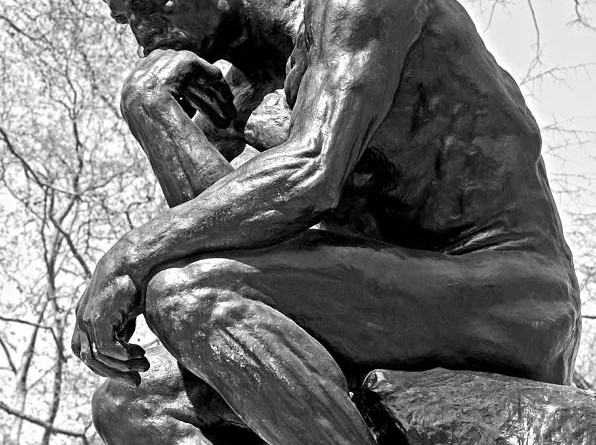Artificial Intelligence – Yea or Nay?
We’ve all seen examples of Artificial Intelligence in pop culture.
Sometimes it’s the cool robot that risks its circuits to help the hapless humans. Remember KITT in Knight Rider saving Michael Knight (HASSELHOFF!) week after week?
Other times, we see an evil computer trying to eradicate humans from the face of the Earth. Like when SKYNET tried to put some serious hurt on humans in the Terminator series.
In reality, we haven’t been able to produce AI, so the potential for either scenario actually happening is currently non-existent. However, we’re still somewhat haphazardly attempting to develop AI and this has some scientists worried.
These individuals are worried because when AI is actually produced, it will literally take on a mind of its own. And when that happens, there’s no telling what could happen. The intelligence may lead these machines to take on benevolent helpful roles in the universe, or it may lead these machines to attempt to destroy humanity in order to ensure their own survival. There is no way to know what a pure, free-thinking machine would decide. Since there may be no turning back after AI is developed, many brilliant minds are encouraging fellow scientist to proceed with caution as they proceed in the field of AI.
So what are we to make of this? On one hand, AI could prove to be a literal and figurative life-saver. On the other hand, it could wipe humanity out in one fell swoop (likely without a Hollywood hero to save the day). What should we do? Pursue AI for it’s potential benefits? Restrict its pursuit for the fear of potentially dangerous consequences?
In thinking of this conundrum, it is reminiscent of nuclear science. It has proven to be a benefit in the field of energy, but it has also created the most devastating weapon that we possess on Earth. Should that science have been pursued or restricted? It also harkens back to Dr. Frankenstein and his Monster. The good Doctor desired to create life, but he could not foresee the consequences of his actions. His goal was admirable, but the outcome was disastrous. Was he wrong to try?
So the ability to create artificial intelligence is a capability we do not yet possess. It is something that our scientists continue to work on, but keep in mind that the consequences of the development of a true AI are wholly unknown.
*Photo by Lisa Phillips




